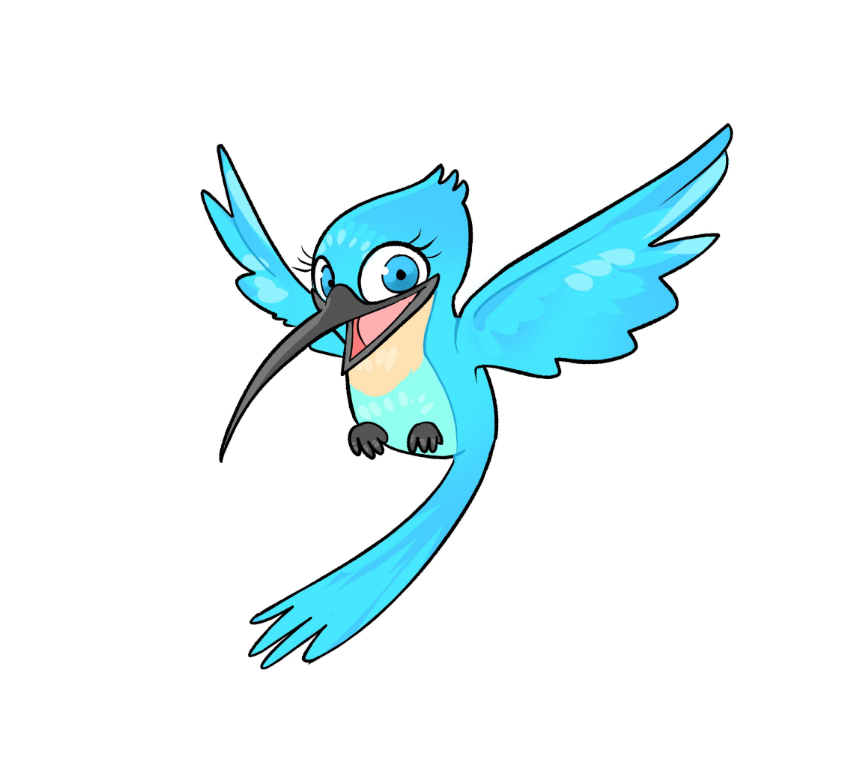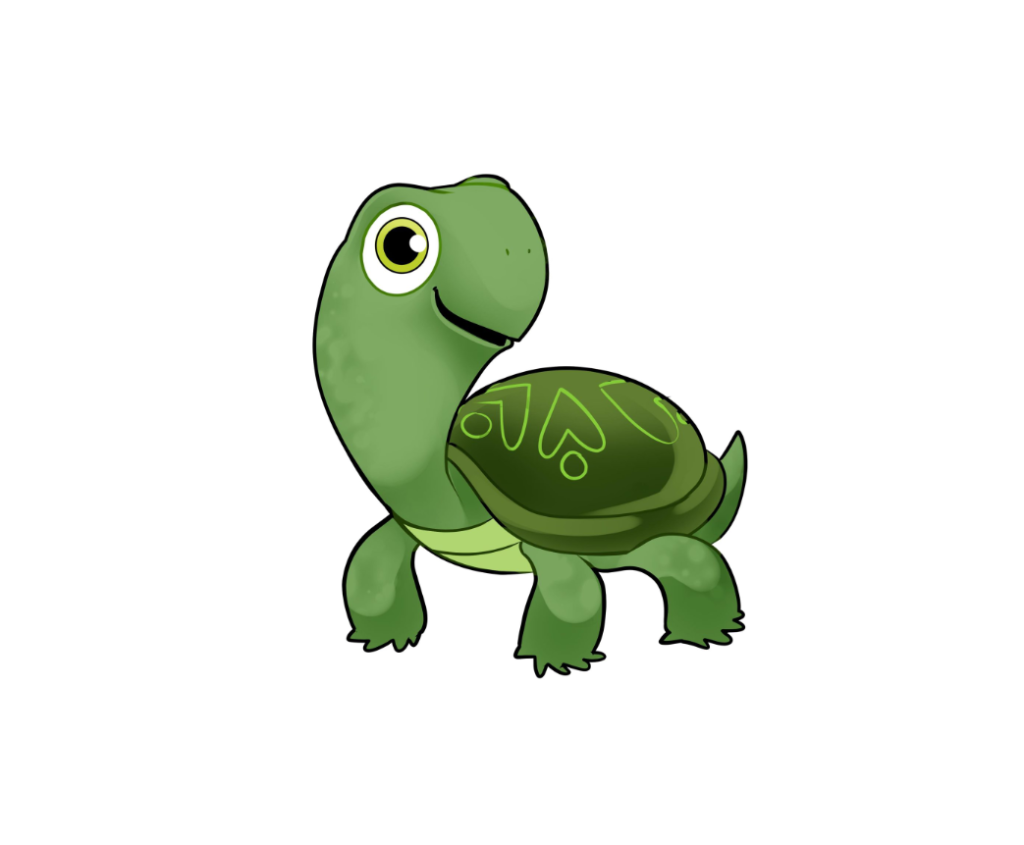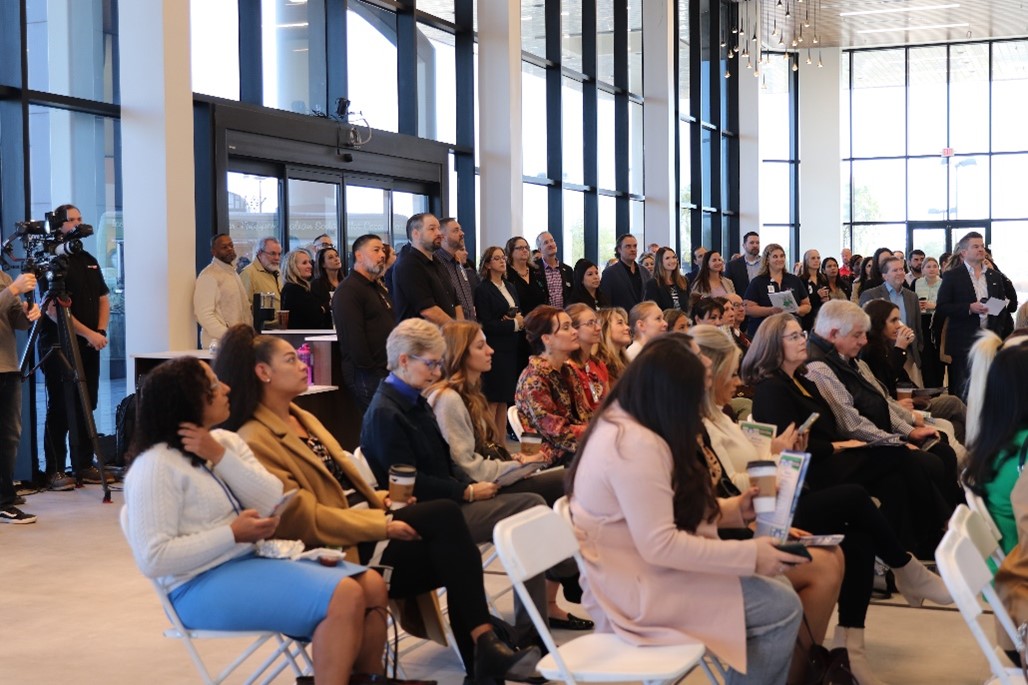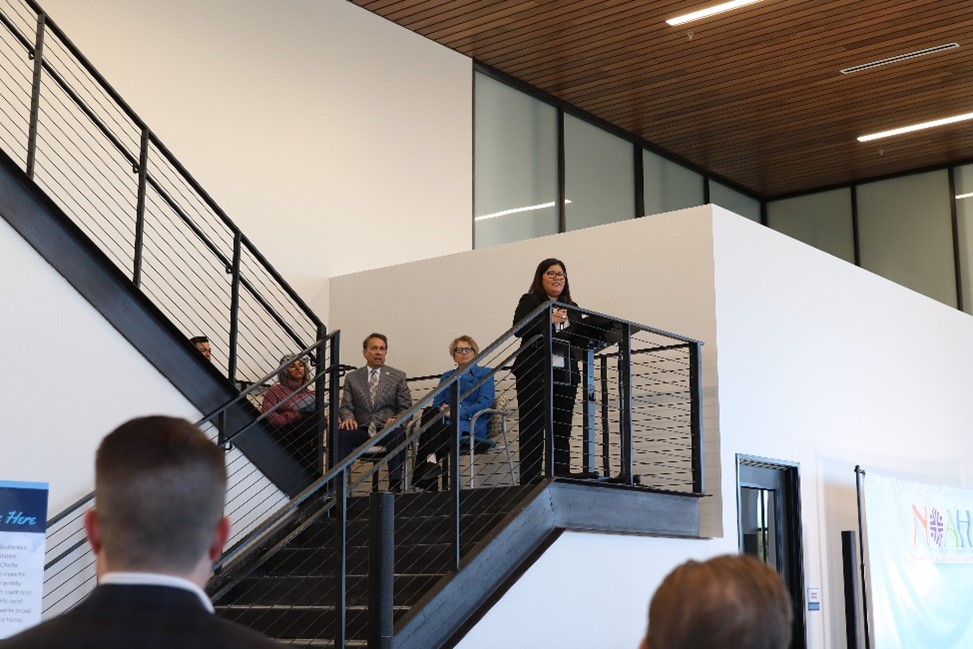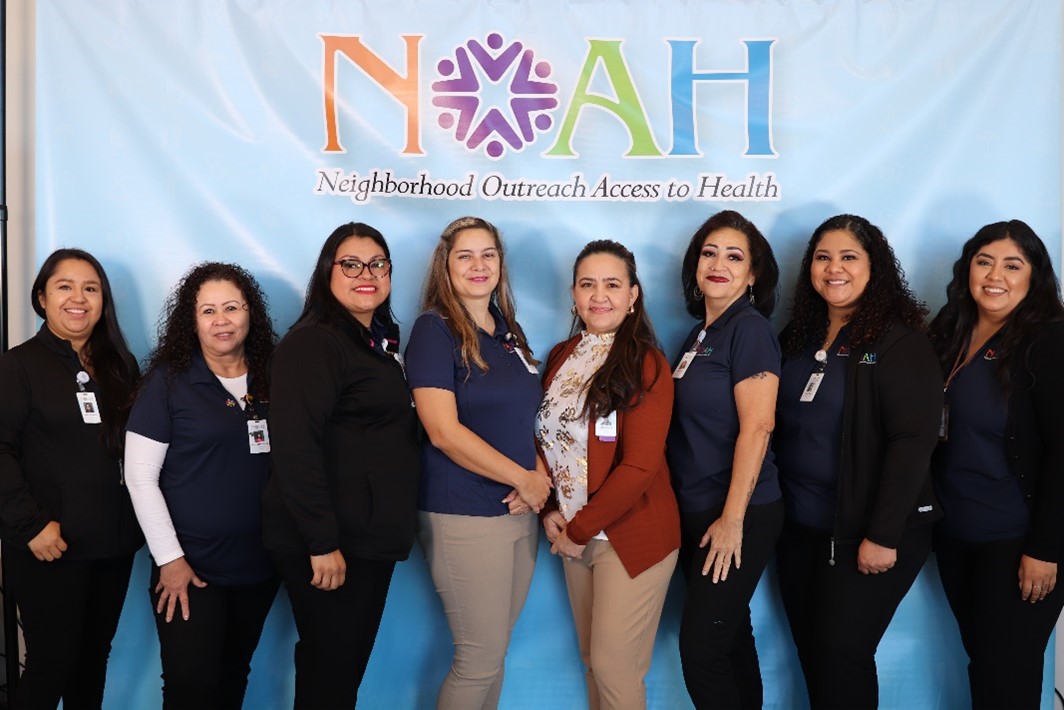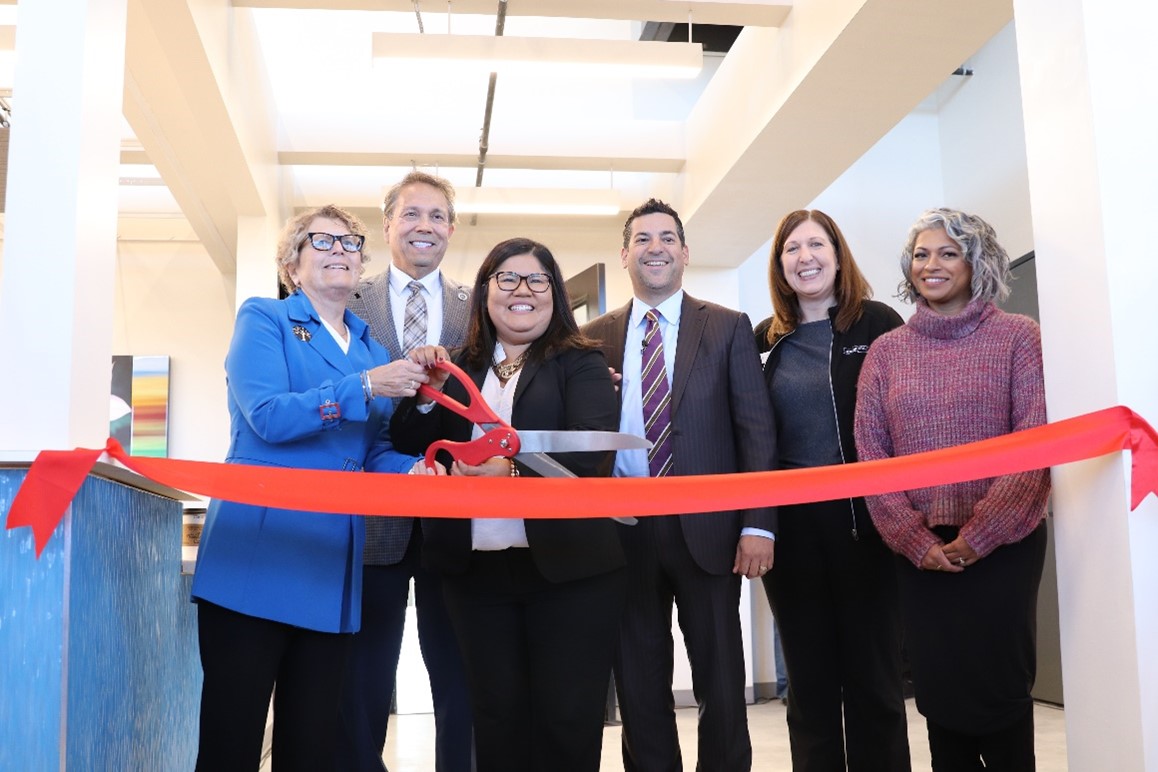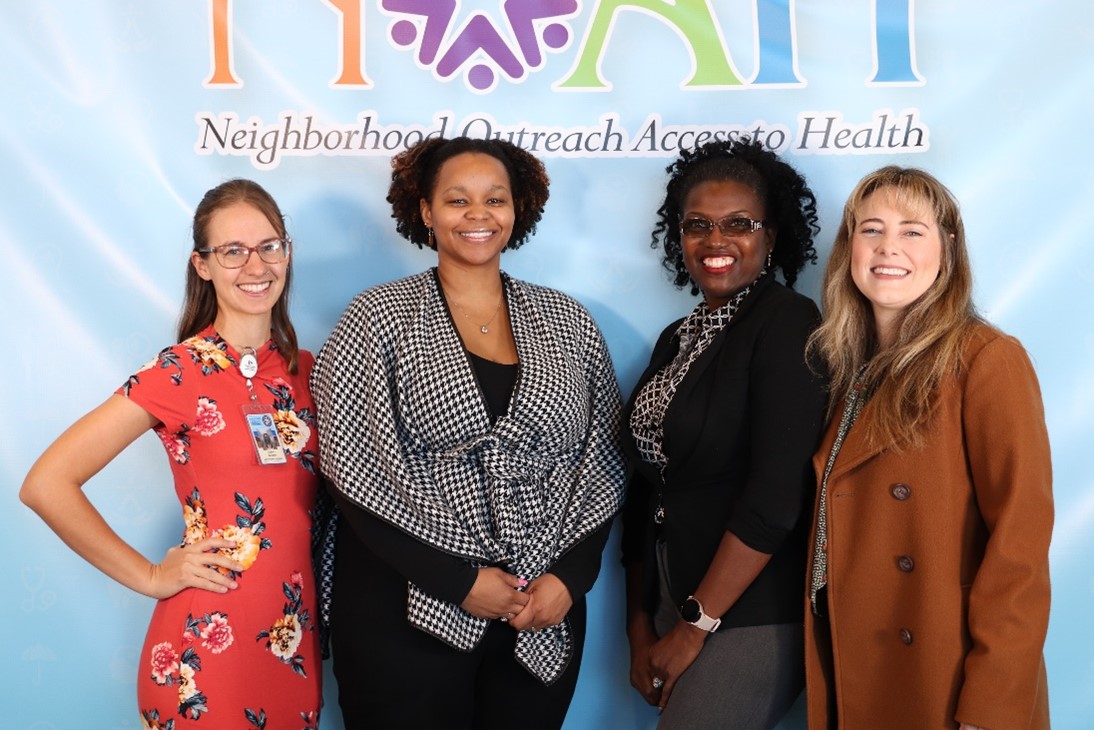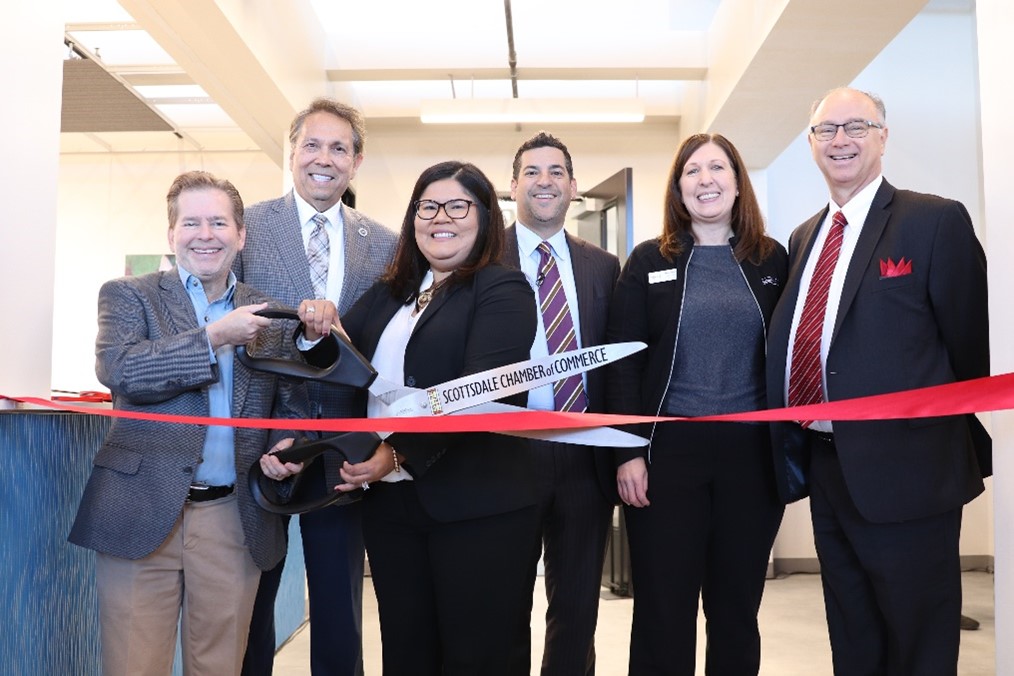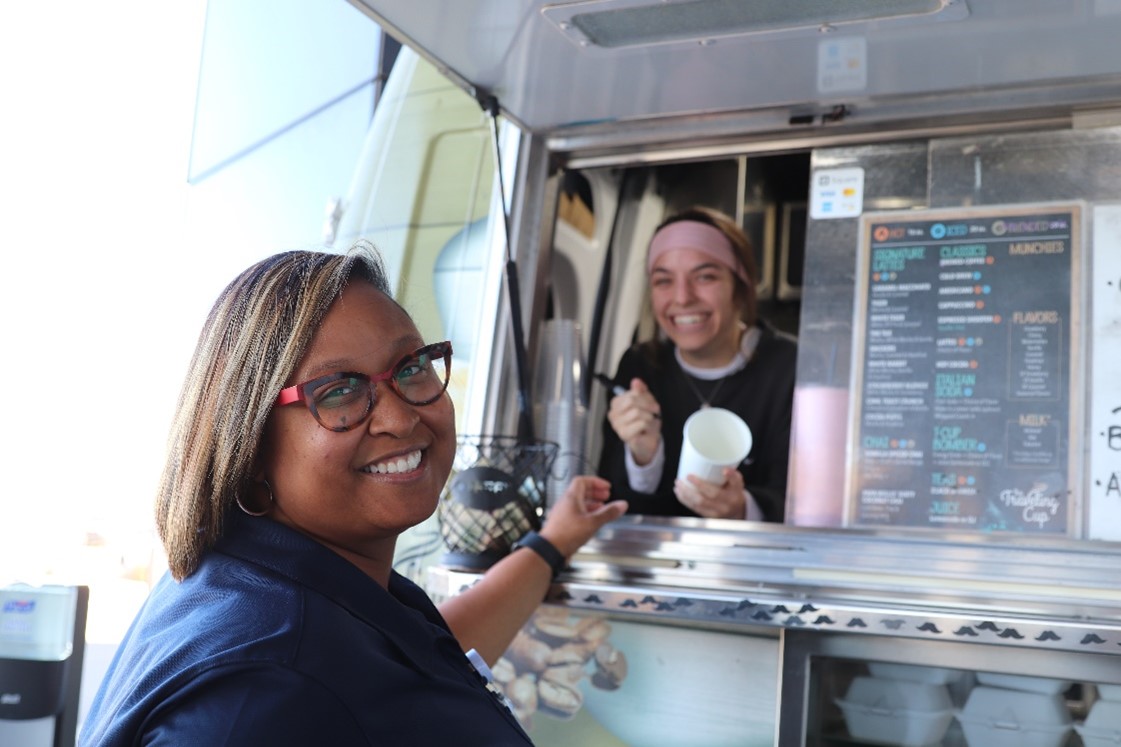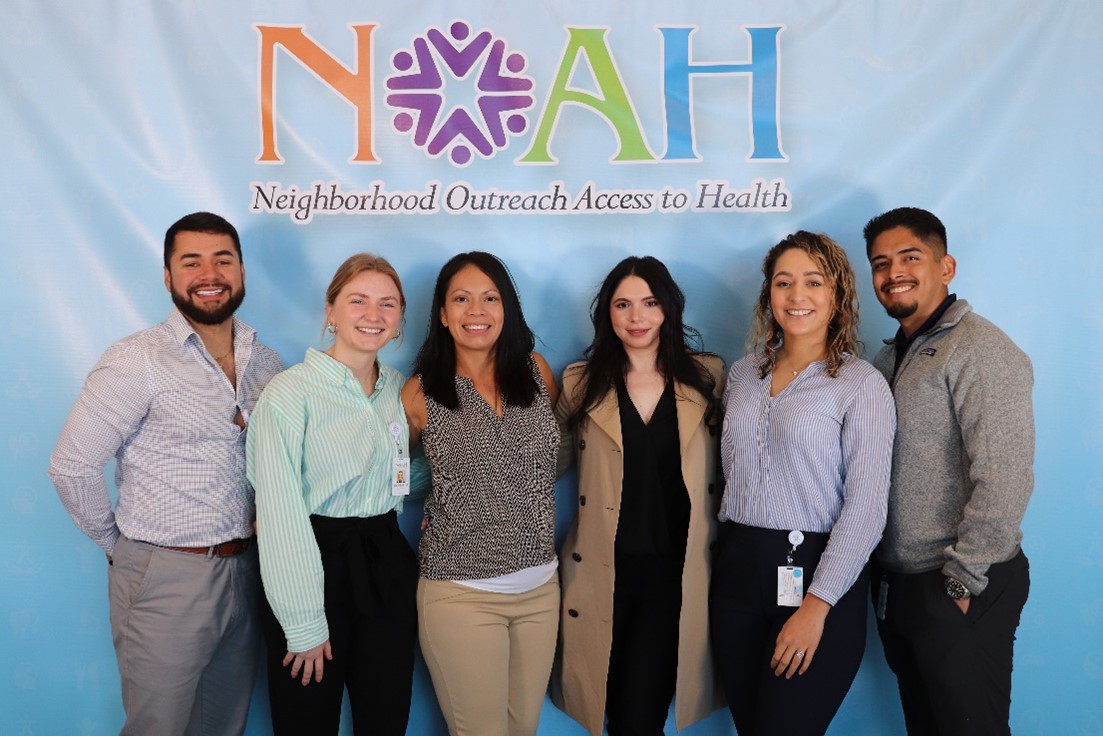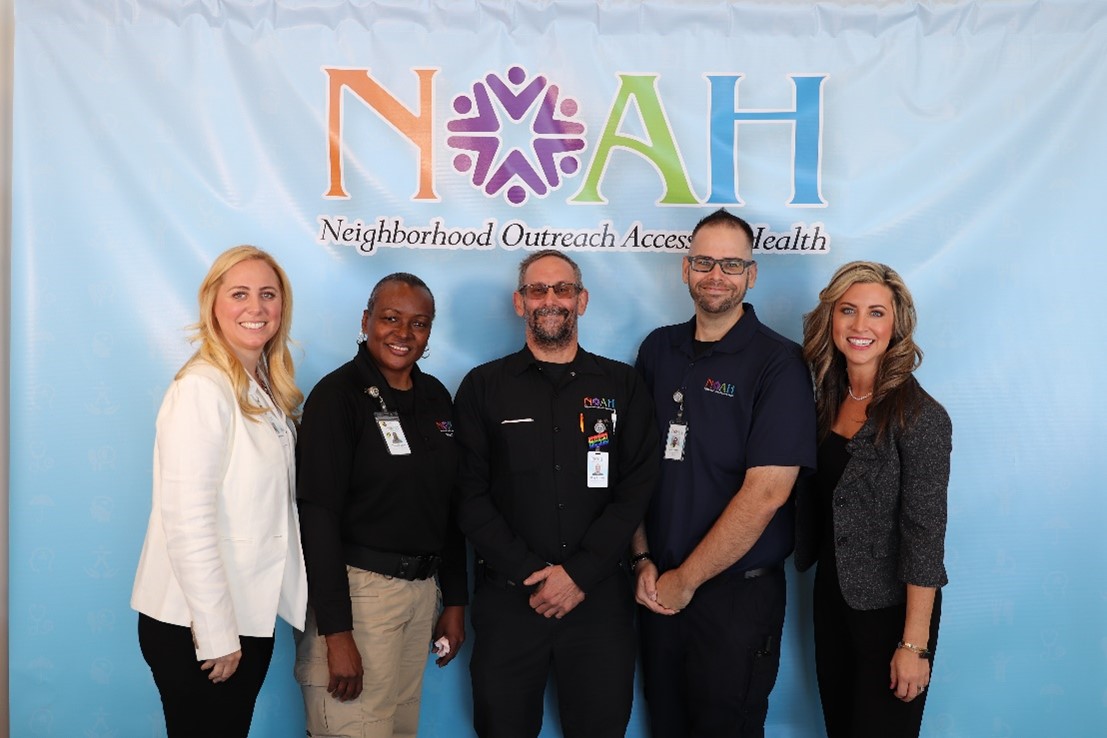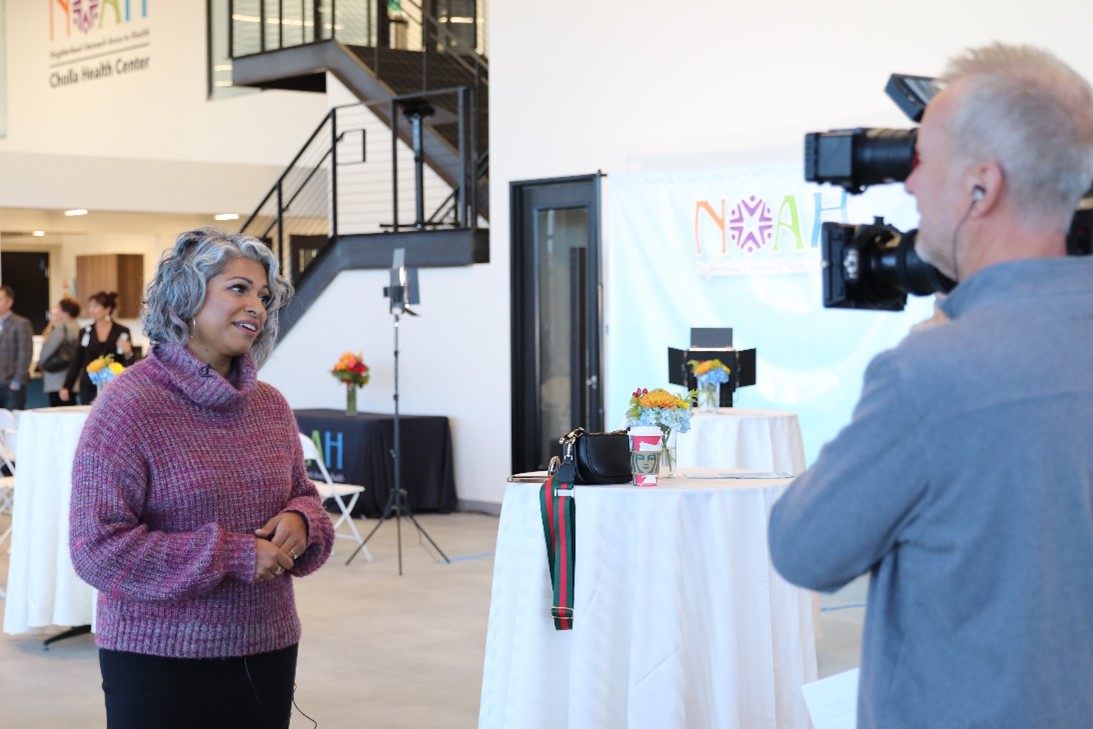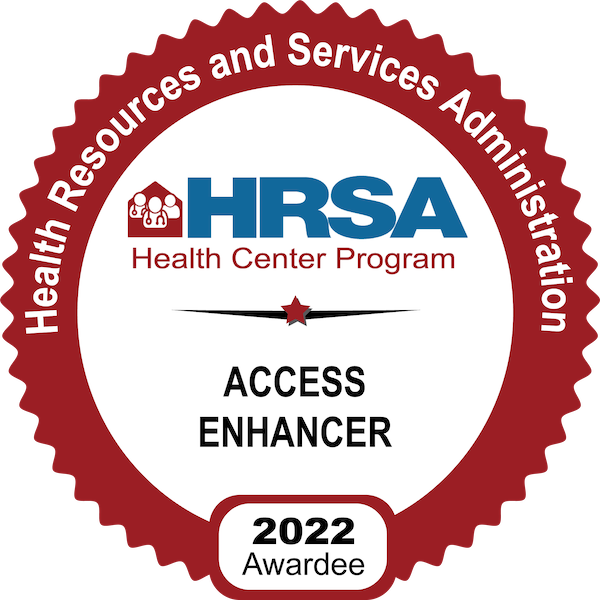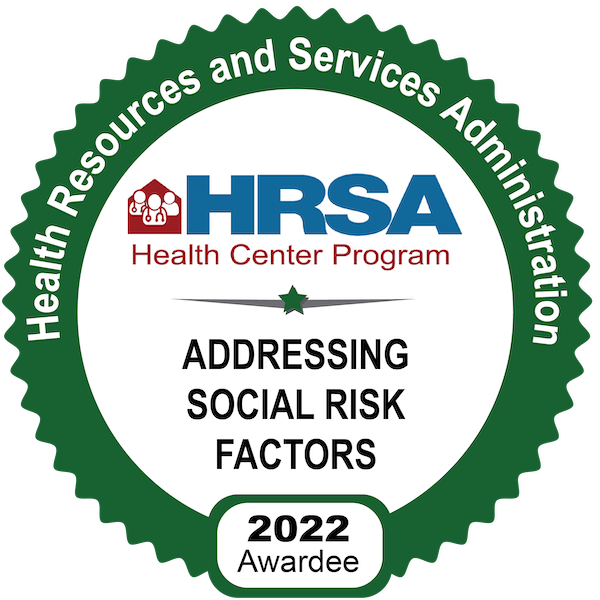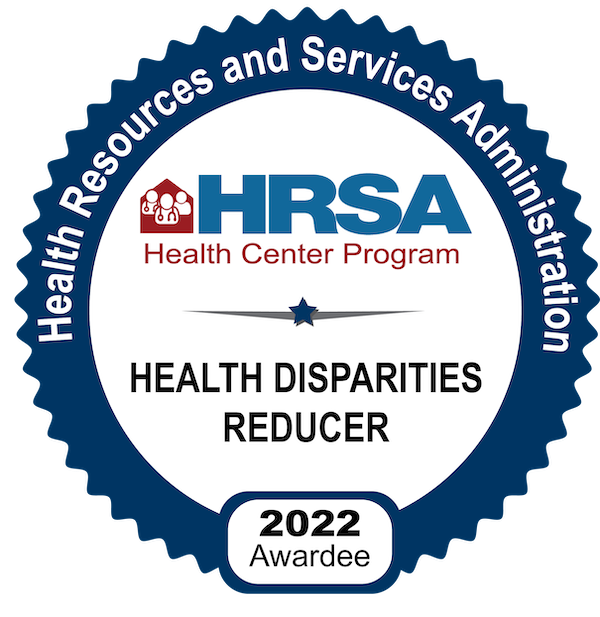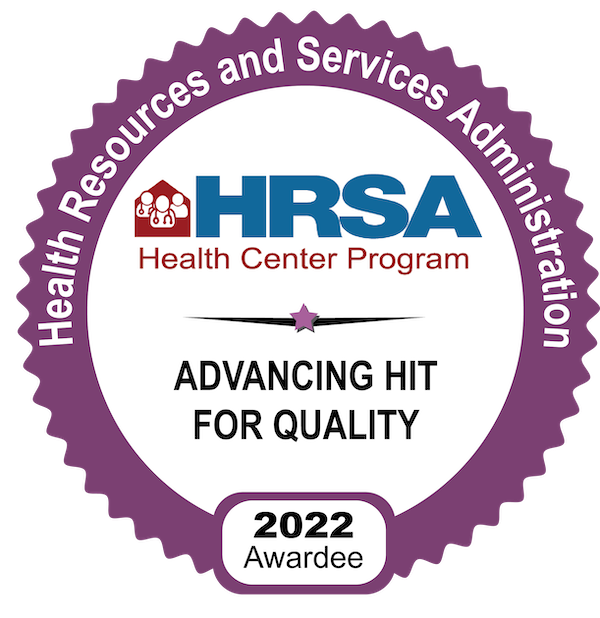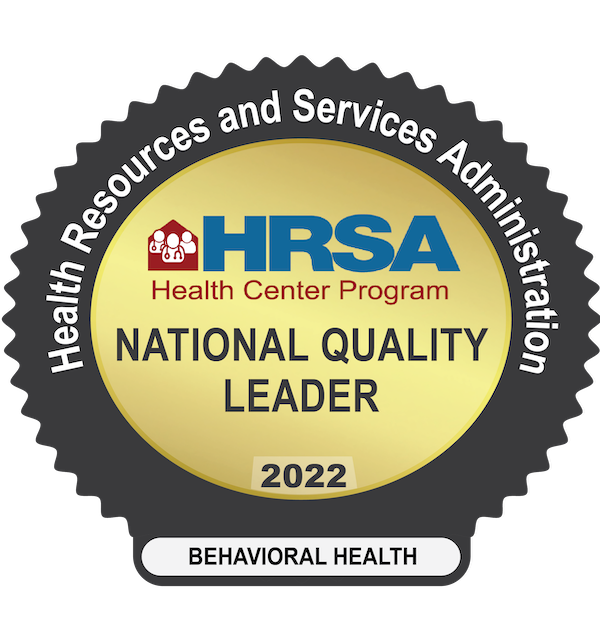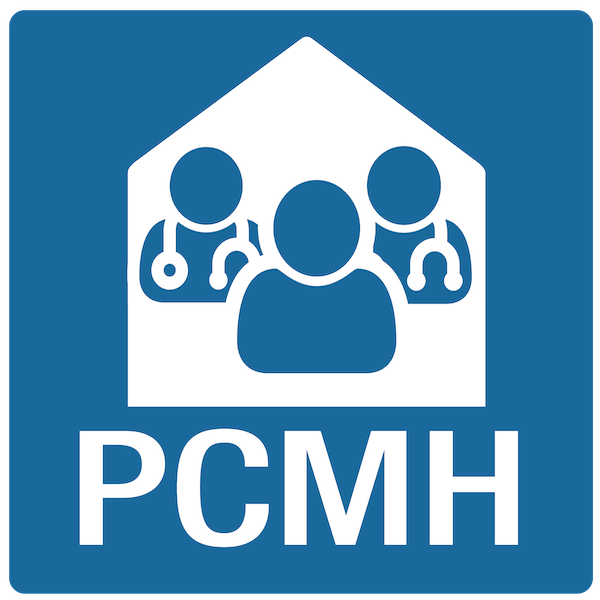A Titan Among Leaders: Celebrating Wendy Armendariz
Congratulations to our CEO, Wendy Armendariz, for being selected as part of the Titan 100!
The Titan 100 is a national program that recognizes a premier group of 100 CEOs or C-level executives in a region. These Titans of Industry demonstrate exceptional leadership, vision, passion, and influence in their field.
“These leaders have built a distinguished reputation that is unrivaled and preeminent in their field… their achievements create a profound impact that makes an extraordinary difference for their clients and employees”.
Jaime Zawmon, President of Titan CEO
Wendy, along with her fellow Titans, will be recognized at an awards event on August 24 and will be given the opportunity to connect with the Titans multiple times throughout the year. The complete list of Titan designees for 2023 is featured on the Titan 100 website and individual profiles will be highlighted on LinkedIn, one per day for 100 days following the recognition event.
This well-deserved recognition highlights Wendy’s outstanding leadership, unwavering commitment, and remarkable achievements in the business realm. Join us in celebrating Wendy’s extraordinary accomplishment and her invaluable contributions toward achieving NOAH’s mission to provide compassionate quality healthcare for all.


